Set in the sweltering summer of 1999, No Heaven, But Love. is a heart-wrenching Korean queer drama that centers on two teenage girls who find fleeting solace in each other amidst abuse, exploitation, and institutional silence. It’s a story of love, not in heaven, but defiantly forged on the margins of a broken world.
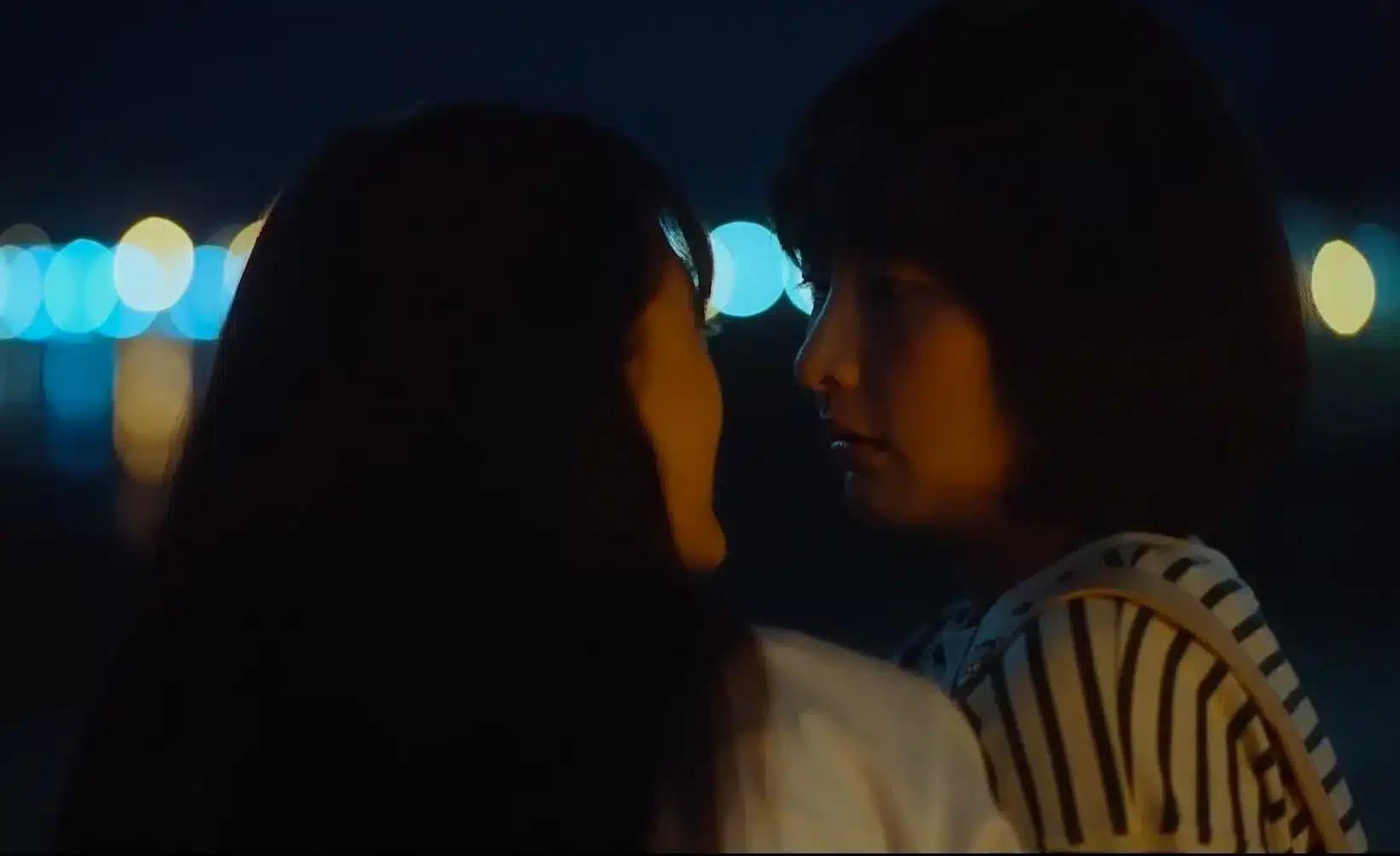
Joo-young, a talented high school taekwondo athlete, struggles under the suffocating control of an abusive coach and the emotional void left by her mother’s selective ignorance. Life begins to shift when she meets Yi-ji, a girl placed in her home through a fostering program.
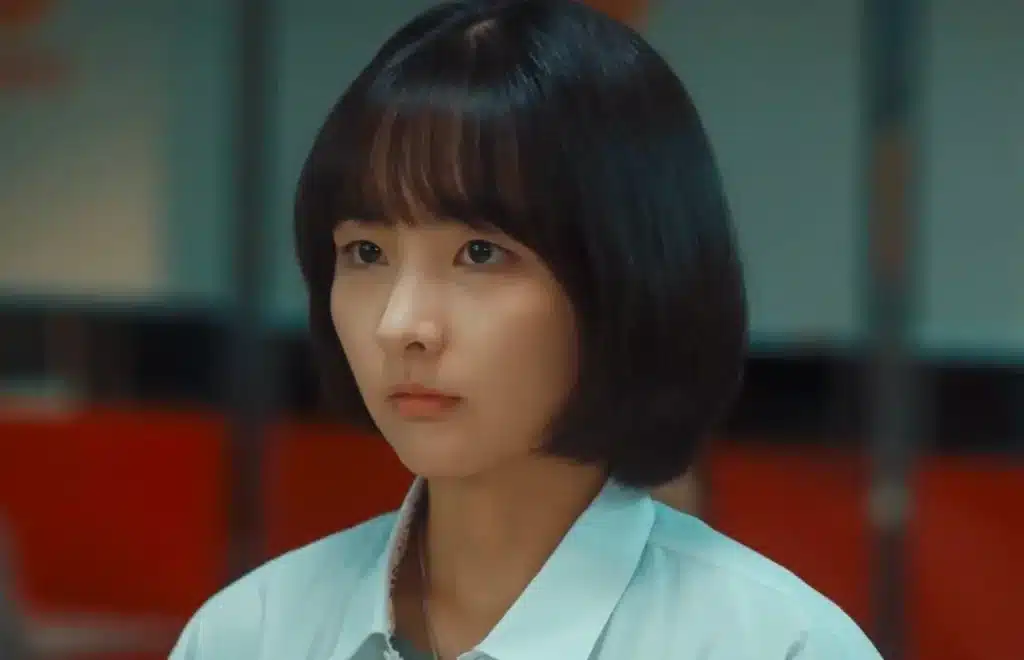
Though the two girls come from different worlds, they form a quiet bond built on warmth, understanding, and mutual protection. As the taekwondo coach’s violence escalates and school bullying intensifies, Joo-young and Yi-ji find strength in their companionship—first as friends, and then as something more.
But as they attempt to fight back against their abuser, the consequences are swift and unjust. Love becomes resistance. And in a society ruled by patriarchy and silence, even self-defense carries a price.
No Heaven, But Love. Cast
Charactor
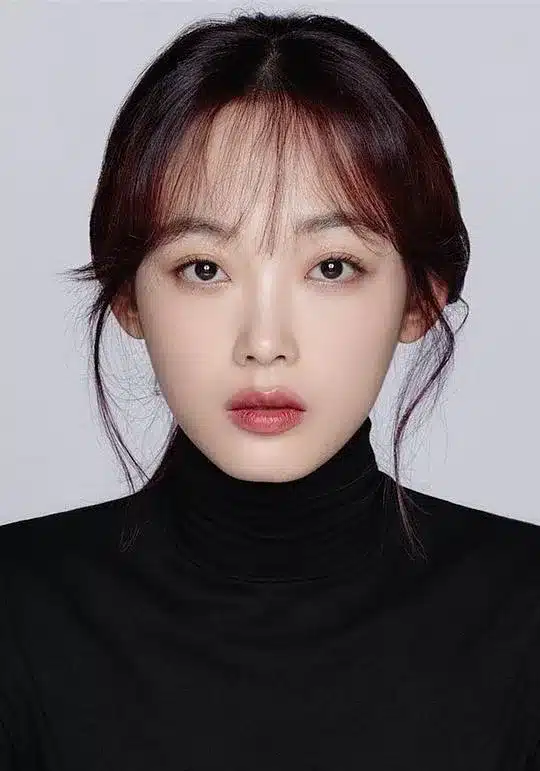
A rising taekwondo star caught in an abusive system, Joo-young is stoic on the outside but tender within, her strength forged through pain.
Lee Yoo-mi (이유미)
Lee Yoo-mi, known for All of Us Are Dead and Squid Game, delivers her most emotionally layered performance yet. Her portrayal of Joo-young is intense, restrained, and unforgettable—grounded in real pain and quiet resilience.

A streetwise foster girl with sharp edges and a soft heart, Yi-ji becomes Joo-young’s safe harbor and her spark of defiance.
Kim Soo-yeon (김수연)
Kim Soo-yeon, in one of her breakout roles, imbues Yi-ji with subtle charm and emotional depth. She balances vulnerability with street smarts, making the character both grounded and magnetic.
Director
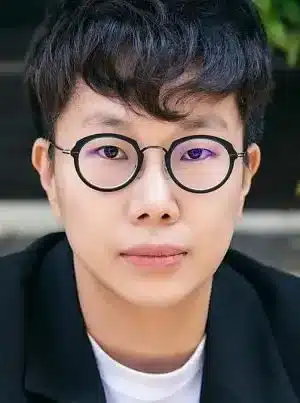
Han Jae-yi
Han Jae-yi is a Korean filmmaker known for her raw portrayals of youth under pressure and her commitment to female-driven narratives. In No Heaven, But Love., she unflinchingly confronts institutional violence, queer invisibility, and the oppressive nature of Korean patriarchy.
With its setting in 1999—a time of economic uncertainty and social rigidity—Han’s work resonates as both a historical reminder and a contemporary call for justice. Her directing balances realism with emotional poignancy, placing her firmly among Korea’s emerging feminist voices in cinema.MOVIE HIGHLIGHT
Queer Resistance in 1990s Korea
Rare sapphic representation grounded in historical, cultural context.
Feminist Generational Divide
The film critiques the passive complicity of older women, especially mothers, in systems that oppress young girls.
Realistic Direction with Raw Emotion
Handheld camera work and natural lighting mirror the turbulence of teen girlhood and abuse survival.
A Film That Stays With You
Unfolds slowly, but lands hard—especially for those raised under silence and shame.
No Heaven, But Love. Review
Review
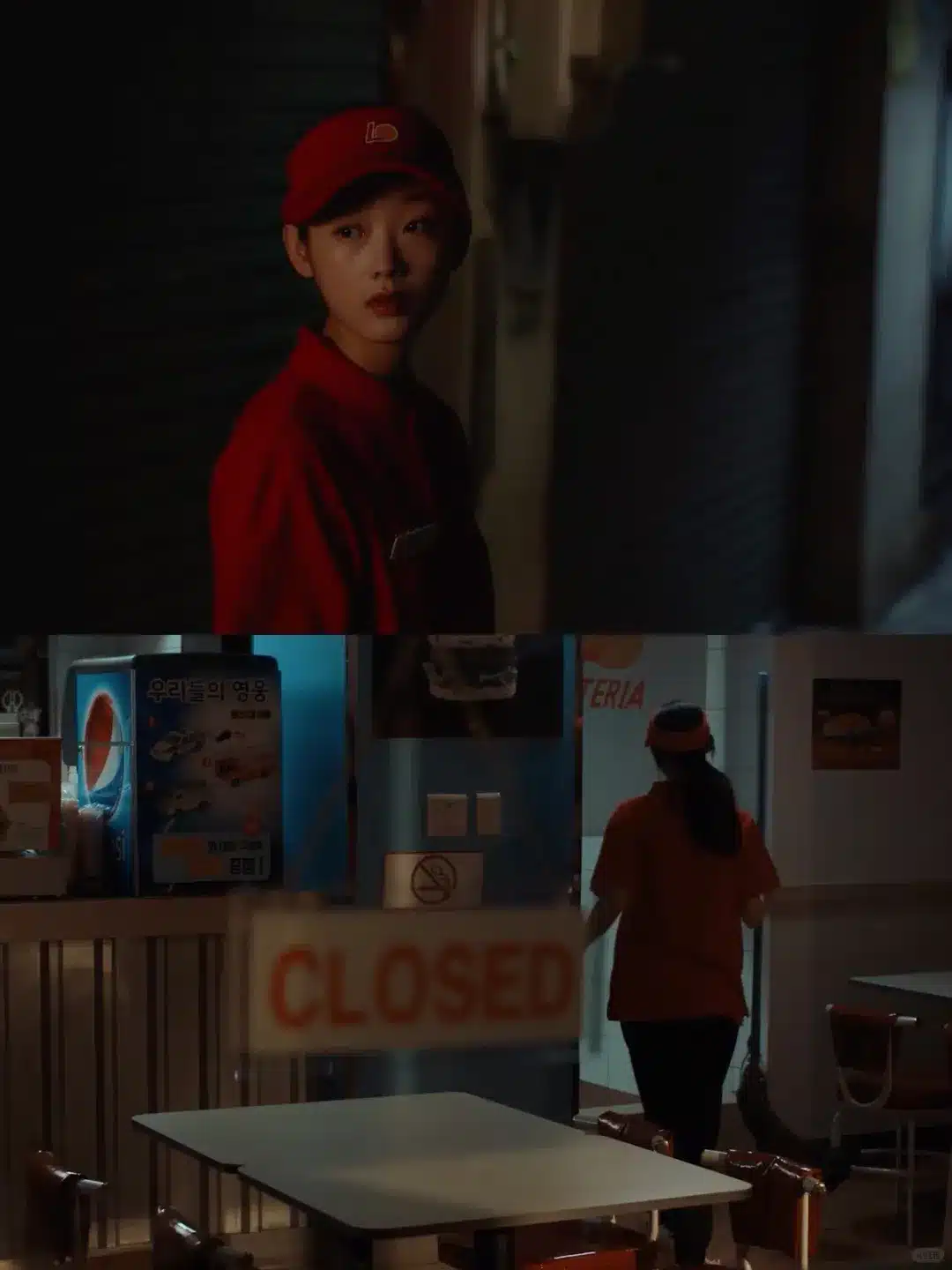
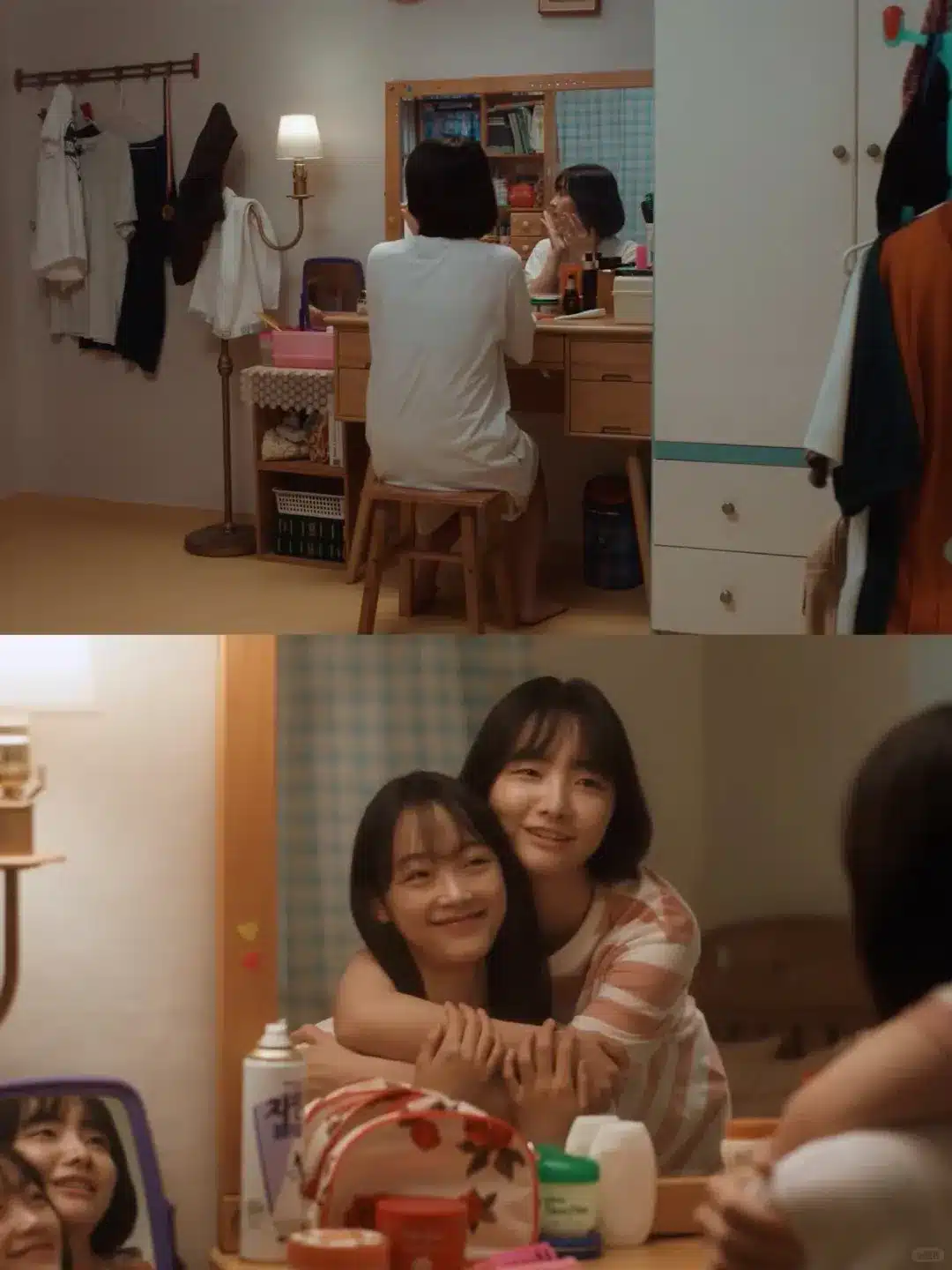
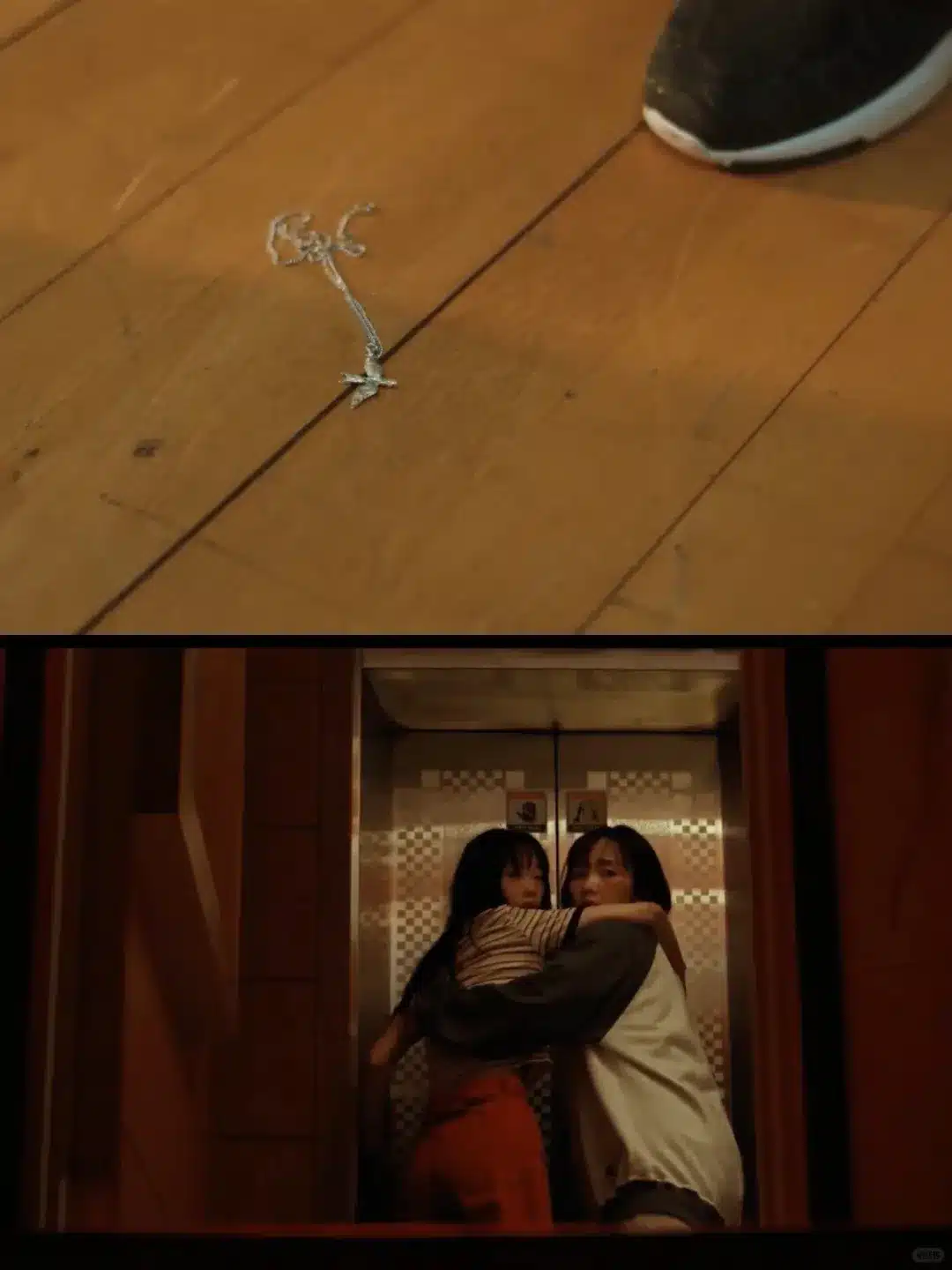
No Heaven, But Love. is not a sweet romance wrapped in sunshine. It’s a coming-of-age drama dipped in social realism, where girlhood is shaped by pain, survival, and brief, radiant moments of love. Director Han Jae-yi crafts a world where femininity is both policed and weaponized, and the only refuge lies in each other’s arms.
While the queer themes are central, this is also a devastating portrait of systemic violence: abusive male coaches, institutional neglect, and even parental betrayal. Joo-young’s mother, seemingly supportive, slowly reveals her passivity and hypocrisy—choosing silence over action, image over empathy. Her refusal to help Yi-ji at the police station is one of the film’s most chilling moments—not because of violence, but because of its quiet, calculated cruelty.
What begins as tentative intimacy—shared rooms, soft touches, late-night karaoke—blossoms into defiant love. One of the film’s most tender scenes features Joo-young serenading Yi-ji in a shabby karaoke room, both locked in longing and silent rebellion. These girls aren’t just falling for each other—they’re trying to reclaim their agency in a world that keeps denying it.
There’s no clean ending here. But there is clarity. The film doesn’t promise safety or utopia, but it gives us something just as vital: the courage to choose each other in a world that offers no sanctuary.
No Heaven, But Love. Information
Film Festival Recognition
🏆 24th Jeonju International Film Festival – Korean Competition Section
↳ Grand Jury Prize (Nomination)
↳ Watcha’s Choice Award (Nomination)
